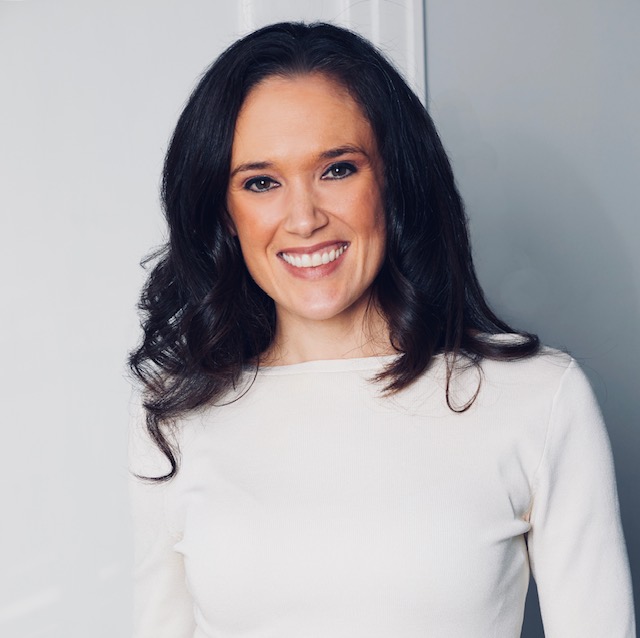A Discussion About Reproductive Justice at Hitchcock Church
- Monday, 30 September 2024 08:20
- Last Updated: Thursday, 03 October 2024 16:24
- Published: Monday, 30 September 2024 08:20
- Bill Doescher
- Hits: 1671
 As this country and local communities work their way to the November elections, the subject matter for the opposing presidential candidates seems to be many, varied, and intriguing, with out-and-out lies aplenty on both sides.
As this country and local communities work their way to the November elections, the subject matter for the opposing presidential candidates seems to be many, varied, and intriguing, with out-and-out lies aplenty on both sides.
None of those conversations and candidate pronouncements are more contentious and worth exploring carefully than the abortion issue and crucial women’s rights of deciding and personally managing their own bodies by themselves.
It’s on the ballot.
The conversations are serious and widespread, and have included the TV debates, commentators’ thoughts, with or without the pertinent facts, newspaper editorials and the proverbial over-the-white-picket-fence-debacles, and now even a discussion seminar within a church in Scarsdale.
On Wednesday, September 25th in the Clark Room at the Hitchcock Presbyterian Church on Greenacres Avenue, the church sponsored a “Reproductive Justice Seminar” led by its very own RyaLynn Carter, MD, Obstetrics and Gynecology, who is affiliated with New York Presbyterian/Columbia University Irving Medical Center. Rev. Pete Jones, Hitchcock’s senior minister, was the moderator.
The church’s seminar was part of its first-ever Kairos gathering. According to the Westminster Dictionary of Theological Terms, Kairos is the “Greek term for ‘time’ denoting a special significantly critical point in human history.”
In opening the one-hour seminar, Dr. Carter discussed statistics surrounding abortion and how this has changed since the overturn of Roe v. Wade. She also outlined for the group how the care of women has been compromised as a result. She used several recently publicized examples from around the country outlining poor maternal outcomes as a direct result of state abortion bans. Many of these cases were marked by a delay in care, in some cases, leading to maternal death.
Dr. Carter also said that the current maternal death rate in the U.S. stands at 23 in 100,000 live births, and if this number were extrapolated to a total federal ban on abortion, the number would potentially rise by 24 percent.
According to Dr. Carter, the landscape of women’s reproductive choices has changed vastly after the overturn of Roe V. Wade. “This decision disproportionality affects poorer women with fewer economic resources,” she says, “and greater than 50 percent of those seeking an abortion live below the federal poverty level. They have less resources to travel to a state where they can receive care.”
Dr. Carter also relayed stories from colleagues and friends in practice around the country who feel unable to help vulnerable patients seeking abortion care and who fear simply counseling and advocating for those patients because of near total bans amid hostile attitudes toward pro-choice individuals. Many physicians have left these areas, causing a worsening crisis of ‘maternal care deserts’ where women travel many miles to seek routine OBGYN care.
“I’m so lucky to be practicing medicine in New York State, and I just cannot fathom the repercussions of a federal ban,” Dr. Carter told the folks at the seminar.
Other take-aways from the Hitchcock seminar include the following:
* Pro-choice does not mean anti-birth.
* States with some of the most restrictive bans on abortion also have some of the lowest support infrastructure for low-income individuals (including nutritional support programs and paid maternity leave).
* The abortion discussion is hard with many valid emotions. These discussions about facts are so important and may help us all to find common ground.
No matter what the results are in the widely reported very close November presidential election and the other races for the House of Representatives and U.S. Senate, the debates and editorials about the Supreme Court’s decision about Roe v. Wade are more than likely to be with us for a very, very long time.
The reason: it’s personal.






